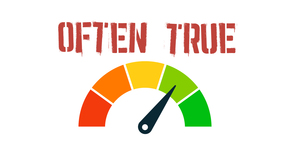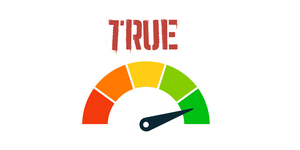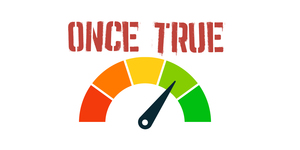But are investors right to be cautious of hedge funds? Which common generalisations deserve a different perspective?
Claim 1: "Hedge funds are very risky"

As their name suggests, hedge funds more typically employ hedged, so-called ‘relative value', positions which exploit market price inconsistencies rather than taking outright bets on the direction of market prices. History shows that hedge fund returns are less volatile than traditional assets classes. For the three years to January 2023, hedge fund performance volatility was 5.5%, versus 20-25% across global equity indices, and 7.7% for global bonds.
Claim 2: "Hedge funds are secretive and opaque"

Hedge funds are often protective of their intellectual property - after all, their individual approach is what drives the differentiated returns and alpha generation we seek.
However, this must be balanced with almost 92% of investors highlighting the need for more transparency. What matters is that managers are willing to be transparent around their aggregate portfolio risks and that they are sharing their hard-earned returns fairly with their investor partners.
Claim 3: "Hedge funds are expensive"

Delivering alpha requires skill, and there is a premium to pay. It has been pleasing to observe hedge fund fees declining, albeit more recently at a slower pace. Average hedge fund management fees are 1.55% in 2022, down from 1.7% a decade ago.
However, we are concerned that the ‘pass-through' fee model employed by an increasing number of multi-manager funds may not appropriately incentivise managers to control costs for investors.
Some estimates equate to management fees of up to 7%, with 20% performance fee on top. Many of these managers are ‘hard closed' (effectively full and not open to new capital) and therefore have little incentive to offer investors transparency or flexibility around their fee model.
Claim 4: "Hedge fund performance has disappointed"

It is true that average hedge fund returns have lagged passive equity returns in the decade to 2021. However, with a focus on absolute returns, hedge funds are typically prized for their diversification potential.
Capital preservation was broadly demonstrated by hedge funds in 2022, a year when traditional asset classes underperformed. The high dispersion of hedge fund returns demonstrates the value of manager selection and portfolio construction to help deliver desired outcomes.
It is more true to say that no individual segment of hedge fund alpha has consistently performed, so we focus on a portfolio approach of a concentrated selection of uncorrelated diversifying alpha sources.
Claim 5: "Hedge funds do not care about sustainability"

While hedge funds were initially behind the curve versus mainstream managers on ESG matters, the industry has been playing catch up. This is particularly the case within equity and credit strategies where relevant data is available and where corporate engagement models have become more structured. In 2022 an estimated two thirds of hedge fund managers integrated ESG/SRI within their investment process, up from a quarter in 2020. Influence matters, this was driven by investors, including ourselves, insisting on progress.
Conclusion: Myths or legends?
Looking ahead, high macro volatility typically lends itself to increasing diversification benefits and alpha opportunities for hedge funds. Last year, 2022, was the worst year since 2008 for the traditional 60/40 equity/bond portfolio.
By contrast, hedge funds provided much needed diversification and capital preservation, outperforming public equity, investment grade bonds, and other listed asset classes, in a banner year for hedge funds.
So, is 2023 the time to add hedge fund exposure? Investors already allocated to uncorrelated absolute return strategies certainly think so: many are most bullish on further increasing their exposure in 2023.
Yet the hedge fund universe represents a spectrum of strategies and business models. It is essential to remember that it takes skill to identify genuine diversifying alpha sources, and scale and expertise to construct a portfolio that can deliver in an increasingly challenging market.
Holly Murnieks is senior director, investments at WTW


